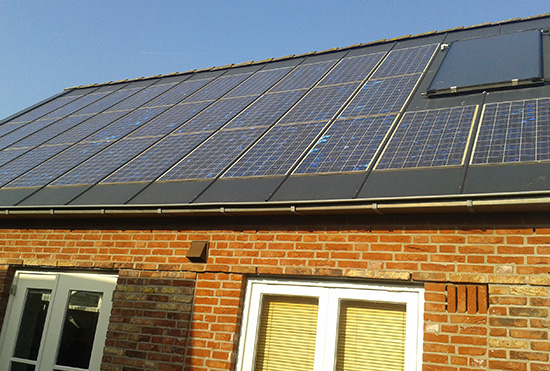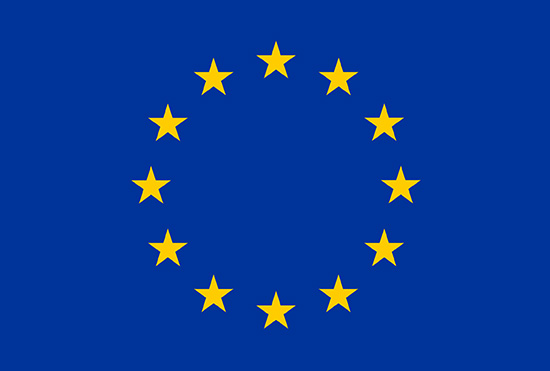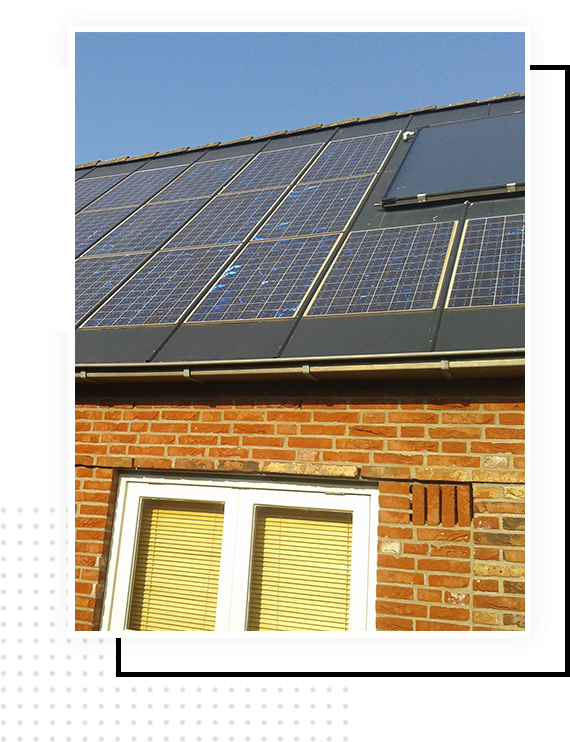

Gallery Info
Description
e-balance project aims at developing an energy management platform for districts and neighbourhoods that schedules the production and consumption sources in order to improve the energy efficiency of electric grid distribution and to facilitate the generation of new business models, focusing on the final customer as key stakeholder (prosumer).
Using the most advanced ICT solutions, an energy and communication management platform is developed, which is implemented in two real demonstrators in Southern (Portugal) and Northern (the Netherlands) Europe. The former is focused on resilience mechanisms for the medium voltage grid, whilst the latter is focused on the final customer and the management of micro-grids, which can work isolated. In addition, a virtual demo is prepared to evaluate management mechanisms that have been identified as critical for security and privacy reasons.
This project proposes a clear goal focused on the final customer, creating new business models and assessing the social and human factors behind the customers in order to involve them in the energy market and providing such interaction is economically attractive, non-intrusive in their lives and guarantees the privacy. Moreover, other related stakeholders regarding the management of distribution grids, middlemen and energy providers will have all the tools and relevant information to predict and modify the daily energy demand curve in real time, what potentially assures a better supply stability and wiser dispatch of consumptions.
Therefore, as consequence of mentioned developments, the economic and environmental benefits that e-balances aims are the following:
- Reduction of CO2 emissions from conventional generation sources, improvement of stability and security of electric supply through effective real-time management of demand response.
- Reduction of CO2 emissions through improvement energy consumption efficiency and the integration of distributed generation sources based on renewable energy and combined heat power systems.
- Optimisation of global energy costs and improvement of competitiveness through new business models compatible and effective under smart-grid scope that allow consumers or end users to participate within energy market.
The consortium coordinator is the German Research Centre IHP (Innovation for High Performance Microelectronics) and other relevant entities of the electric sector participates as EFACEC (Portugal), distribution companies as EDP (Portugal) and Alliander (the Netherlands) and Research Centres as Universidad de Málaga (Spain), the University of Twente (the Netherlands), the University of Lódz (Poland), the National Information Processing Institute IPI (Poland) and the Technology Centre INOV (Portugal).
CEMOSA's role
The role of CEMOSA is related to the following activities and duties:
- Definition of use cases and analysis of socio-economic aspects
- Analysis of legal restrictions related to smart-grids (CEMOSA leads)
- Definition of system users’ requirements (CEMOSA leads)
- Development of energy balancing algorithms and mechanisms (CEMOSA leads)
- Integration of system components in the energy platform and validation of results.
- Dissemination and exploitation of results (CEMOSA leads)
- Edition of guidebook and handbook of the e-balance platform (CEMOSA leads)








